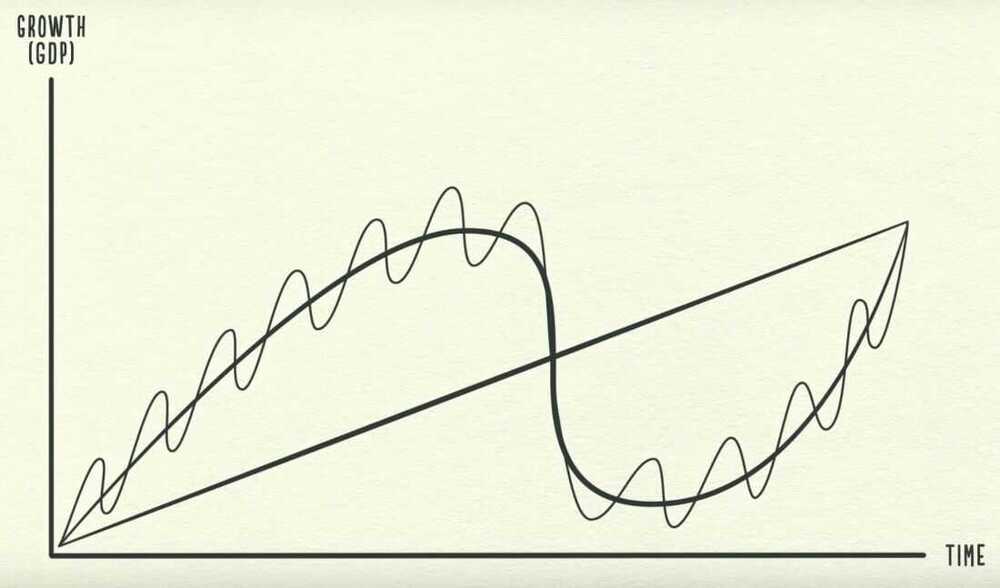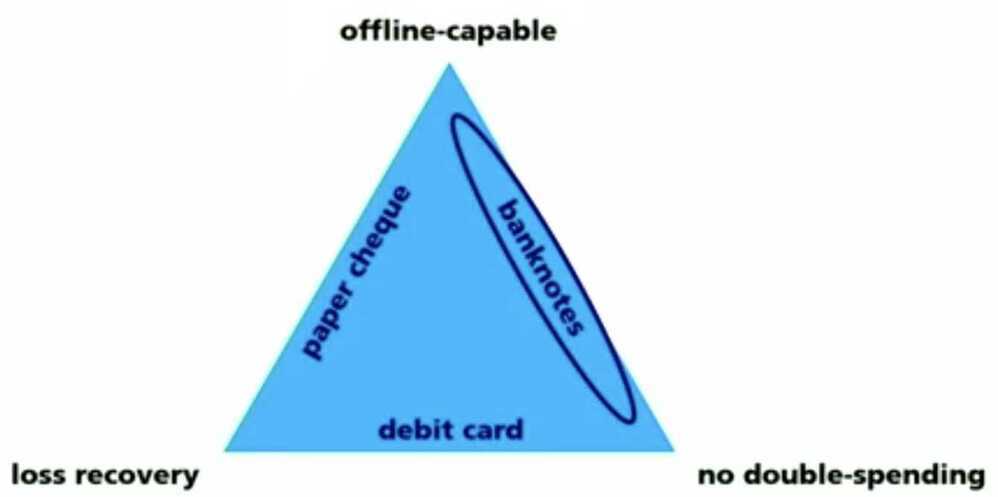Intro
https://en.wikipedia.org/wiki/Outline_of_economics
Crash Course - Economics
WEF - You will own nothing and be happy about it
Any changes made to the economy changes atleast 3 more things
Yes, the planet got destroyed, but for a beautiful moment in time we created a lot of value for shareholders.
How the economic machine works


1. Transactions
Exchanging money or credit for goods, services or financial assets
2. Market
3. Government
- Central government (collect taxes and spend money)
- Central bank (control the amount of credit and money in the economy)
- Influencing interest rates
- Printing new money
4. Credit is the most important part of economy (biggest and most volatile)
- Lenders
- Borrowers
- Creditworthy borrower
- The ability of repay
- Collateral if he can't
5. One person's spending is another's person income
6. Credit is bad if it increases overspending on luxury items, it is good if it is used to increase productivity
7. Debt swings
Short term debt cycle: 5-8 years
Average business cycle -- the time between recessions -- is about eight years.
- Long term debt cycle: 75-100 years
- Long term debt peak
- Deleveraging
Less spending -> Less income -> Less wealth -> Less credit -> Less borrowing
Solving deleveraging
- Cut spending (Austerity)
- Reduce debt (Debt restructuring)
- Central government deficit (budget deficit)
- Redistribute wealth (from the haves to the have nots)
- Print money (Inflationary and stimulative)
- Central bank prints money to buy financial assets and government bonds
- Beautiful deleveraging
8. Asset
9. Liability
10. Inflation
- Packaged Inflation / Shrinkflation / Shadow Inflation
- Stagflation
https://finshots.in/archive/secret-inflation
Why Constant Inflation is Bad
If people start thinking that the price rise could persist indefinitely, then, they'll panic. They'll ask for a pay rise. Landlords will start raising rent indiscriminately. Businesses will bump up the final price of everyday items like milk and bread.
Ergo, that expectation and consequent behaviour alone could trigger further inflation.
It's a vicious cycle.
11. Deflation
12. Recession
13. Expansion
14. Debt burden
- High debt burden
- Low debt burden
15. Depression
16. Reflation
17. Lost decade
Book - https://www.principles.com/big-debt-crises Free pdf
Money’s Mostly Digital, So Why Is Moving It So Hard? - YouTube
Who Controls All of Our Money? - YouTube
- Permit me to issue and control the money of a nation, and I care not who makes its laws. -- Mayer Amsheel Rothschild
- I was as secretive - indeed, as furtive - as any conspirator. Discovery, we knew, simply must not happen, or else all our time and effort would be wasted. If it were to be exposed that our particular group had got together and written a banking bill, that bill would have no chance whatever of passage by Congress. -- Frank A. Vanderlip
- It is well enough that people of the nation do not understand our banking and monetary system, for if they did, I belive that there would be a revolution before tomorrow morning -- Henry Ford
Economic machine of a country
- Capital - all the stuff that a business might use, including intangibles like ideas
- Labor - people's work
- Natural resources
Finance activites
- PFR - Project Finance Report
- Cost model
- WCM - Working Capital Management
- Capex planning requirement
- Dealing with recieables and payable
- Treasury management
- Corporate action planning
- Investor relation

Others
https://finshots.in/archive/finshots-special-how-to-be-a-rational-investor
Peter Lynch 1994 Lecture - YouTube
The Cost of Cash | Mark Smalley | TEDxYouth@Kenyalang - YouTube